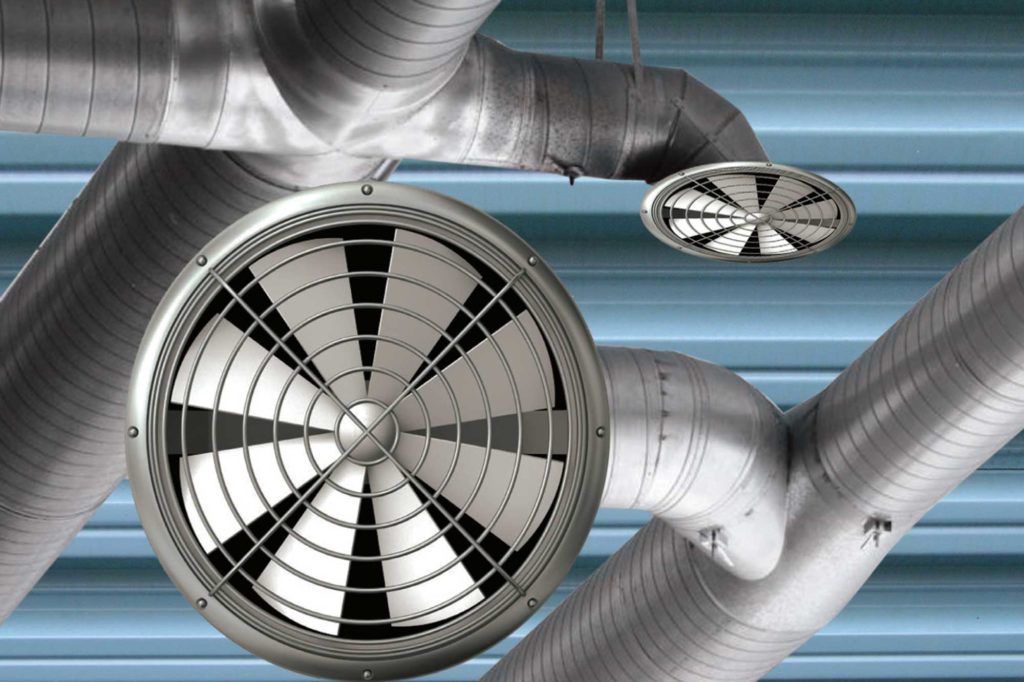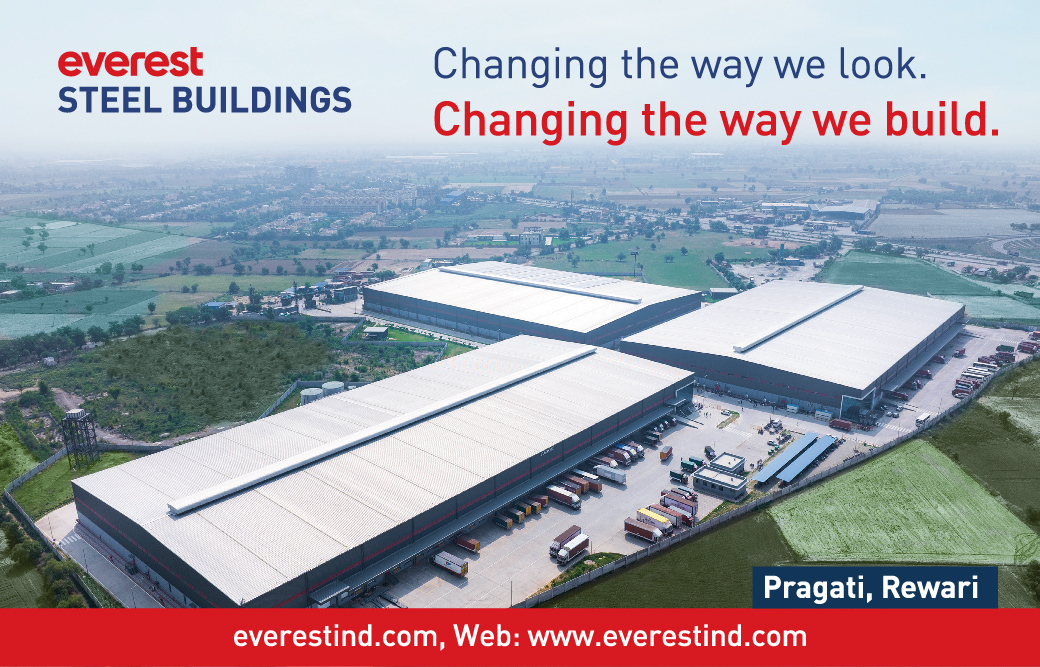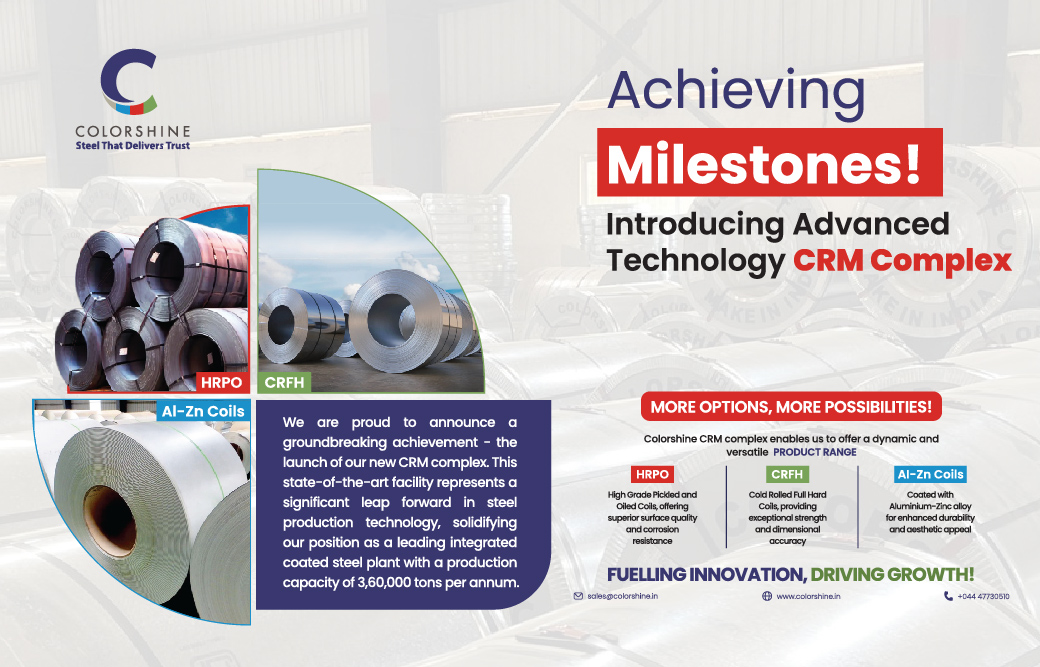It is imperative to select equipment with right credentials to ensure desired efficiency levels are achieved, certification provides platform for the same.
Importance of HVAC in making a building green
HVAC systems are major contributor in terms of energy consumption in any commercial building, energy most of which is produced eating away natural resources and leaving long lasting impact on our environment, green concept uses efficient use of the energy and other natural resources thus making our planet better place to live.
Impact of greenhouse gas emissions on climate change coupled with ever increasing energy cost are the primary drivers of green revolution and sustainability movement, having a high-performance HVAC system is extremely important to the commercial facility due to the obvious criteria of using energy efficiently and providing superior life-cycle performance. Technology and innovations in field of HVAC has made positive impact on overall viability green building projects. Growing sentiment is that ‘environmental responsibility is not just a moral obligation, it’s also good business. Same could be the reason leading companies worldwide are involved in research to create more efficient products or systems some of them venturing into new type of systems that uses alternative energies like geothermal or solar.
Net-zero-energy buildings (NZEBs) is another step forward in same direction which employs the latest materials, technologies, practices, and controls in order to not only minimise energy usage, but also produce as much or more energy than the building consumes. As these buildings become more popular, HVACR manufacturers are working to create highly efficient products and systems to help meet these ambitious performance goals.
Indian construction industry is experiencing strong growth since last decade fuelled by growing economy however green practices are becoming popular only in some sectors considering the wide diversity that exists in building typology across India. There seems to be need to bridge knowledge gap among builders, designers, architects, and policymakers on green philosophy. Collective information on incremental cost vs benefits, comparative pricing, tax breaks would further provide motivation to users to demand energy efficient buildings and developers to meet such demands.
How to reduce energy consumption in HVAC systems?
HVAC systems being major energy consumer, every unit that gets saved is the unit that doesn’t needs to be generated. Technology has played vital role in reduction in energy consumption through development of more efficient equipment like heat exchangers, compressors, motors, pumps, controls etc. along with environment-friendly and efficient refrigerants. It is imperative to select equipment with right credentials to ensure desired efficiency levels are achieved, certification provides platform for the same. Use of performance certified equipment gives user confidence to meet designed duty conditions.
Heat recovery has become increasingly important due to greater demand for more efficiency at lower costs. Latest trends show popularity gain for use of renewable energy such as solar, geothermal as sustainable low cost energy sources bringing down load on HVAC systems as such demand of traditional grid power. Thermal storage system is yet another favourite option explored by designers as it decouples when you make cooling and when you need cooling. It offers significant paybacks especially when differential power tariffs are available.
Products with advanced technology and innovative concept have become preferred choice of the customers as it offers lucrative returns on investments. High volume low speed (HVLS) fans are typical example of the same. By moving large volume of air it can replace number of small high speed floor fans offering sizable reduction in energy bills.
Variable speed technology is another buzzword in HVAC industry as it ensures only amount of heating or cooling which is needed is being delivered. Speed reduction that precisely match load help reduce energy consumption as much as 40 per cent or more. Smarter controls are playing large part in ensuring systems are operated as efficiently as possible.
Last but not the least all energy saving measures are only sustainable if maintained and operated properly, Skilled technicians and operators are also key factors and make all the difference in delivering desired outcome.
Alfa Laval’s offerings
Alfa Laval which is global leader in area of heat transfer, separation and fluid handling is driving the future in heat transfer technologies through continuous innovation in its offerings. Alfa Laval offers entire range of products like plate heat exchangers, brazed heat exchangers, Alfa Nova (Fusion bonded, 100 per cent stainless steel heat exchanger), S&T heat exchangers for HVAC&R industry along with complete range of AHRI certified PHEs optimised for highly demanding HVAC duties.
Authored by—
Shailesh Paradkar,
Business Manager Comfort and Refrigeration,
Alfa Laval (India) Limited
Cookie Consent
We use cookies to personalize your experience. By continuing to visit this website you agree to our Terms & Conditions, Privacy Policy and Cookie Policy.


















